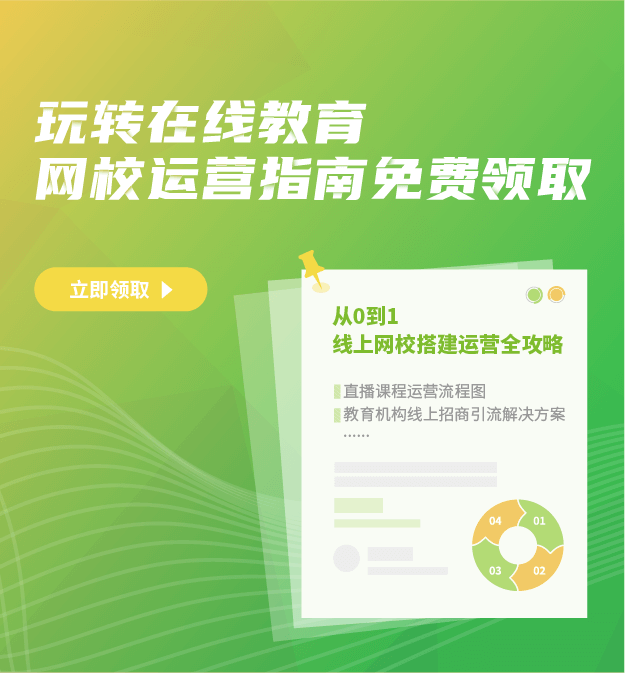Vander Ark:
So, who pays for all of this free stuff? Education has the benefit of substantial philanthropic support—both non-profit and for-profit organizations have and will benefit from foundation grants. But the innovations likely to achieve scale and impact will have a business model behind them. In this regard,Wireless Generation is showing the way; they launched FreeReading.net, an open primary reading curriculum supported by fee-based assessment and training.
Vander Ark:
那么,谁为所有这些免费东西买单呢?教育有着慈善机构大力支持的优势——非盈利和盈利组织都因基金会拨款而大受裨益。不过,有望获得规模和影响力的创新背后会有商业模式。在这方面,Wireless Generation为我们指明了道路:他们推出了FreeReading.net,一个由付费评估和培训支持的开放基础阅读课程。
Here’s an alternate vision: philanthropy and government grantmaking shifts it conceptual frame from funding non-profit and for-profit organizations to create proprietary information, to funding the growth and maintenance of an information commons. Why can’t I access the planning, training, learning materials developed by KIPP, Big Picture Company, New Teacher Project, TFA, Green Dot, Harlem Success, etc? They’re all non-profits, as far as I know none of them are dependent on licensing their IP to fund their operations, and they all get or have gotten a substantial amount of philanthropic and/or government funding. What if sharing their work had been a condition of their funding all along? What if leaders in philanthropy and government chose to switch to this path?
以下是另一种愿景:慈善和政府拨款将其理念框架从资助非赢利和赢利组织创造产权所有信息转变为资助信息共享的增长和维持。为什么我无法获取KIPP(“知识就是力量”项目),Big Picture Company(宏图公司),New Teacher Project(新教师项目),TFA,Green Dot(绿点),Harlem Success(哈雷姆成功)等所开发的计划、培训和学习资料?这些都是非盈利组织,据我所知,没有一家靠授权他们的知识产权来维持运营,它们都由大量的慈善机构和/或政府资助。如果分享其作品一直是对其进行资助的条件呢?如果慈善机构或政府选择转到此方向呢?
Institutions the size of our major grantmaking foundations, states, and the federal government can and should (and will, eventually) pay people to write freely licensed content for schools.
像主要拨款基金会、州、联邦政府这样大的机构可以而且应该(最终将会)为人们编写免费许可内容而付费。
We don’t need people taking a platform approach in the “Hey, I’ve got a website where you can park your textbooks or lesson plans or learning objects.” It’s nice to have, but that’s not the problem. It isn’t hard or expensive to host files.
我们不需要人们采用平台方式,来一句,“嘿,我有个网站,你可以把课本或课程计划或学习内容丢在这里。”有这些东西固然不错,但那不是问题。存放文件不是难事,也不昂贵。
You don’t create sustainability around “free” and “open” resources by significantly limiting their use to eek out a few nickles to keep your webservers running. This is the Internet! You let people make copies, download the source, study it, reuse it, redistruibute it, and build their own businesses around the resources. That’s what makes an information commons robust and sustained.
你不能严格控制人们使用“免费”和“开放”资源,勉强挤出一点钱来运转你的网络服务器,从而围绕“免费”和“开放”创建可持续性。这是互联网!你让人们复制、下载、学习、重复使用、再次发布、然后围绕这些资源创建自己的业务。这才是让信息共享繁荣兴旺,可持续发展的真道。

